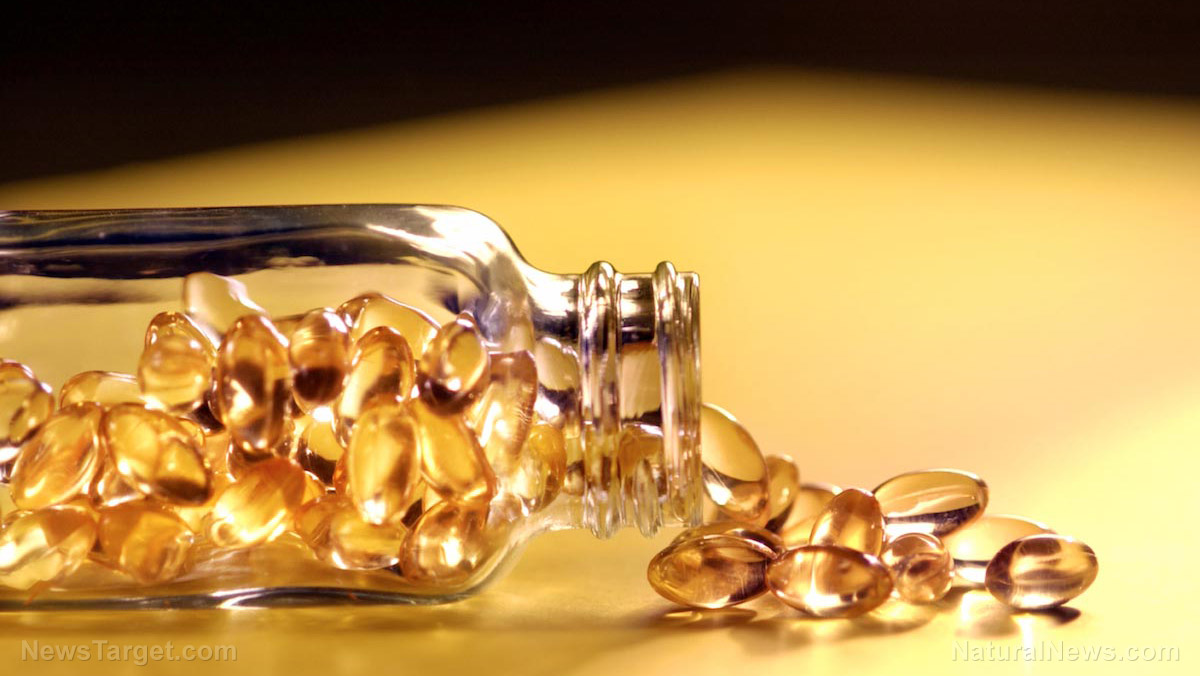Exercising regularly and consuming more protein can help prevent muscle loss due to aging, reveals study
05/21/2019 / By Ralph Flores

A review led by researchers from Drexel University in Philadelphia looked at how dietary protein intake and regular exercise can reduce the risk of muscle loss in older adults. In their article, which was published in Nutrition Research, they compared current recommendations for dietary protein intake and exercise and proffered their suggestions to improve these, based on a review of available literature on the matter.
The aging process is an inevitable part of life, even as the $18-billion dollar skin care industry tries to have everyone buy products that might delay it – at least on the outside. For the most part, however, it’s a change that can greatly impact a person’s biological, physiological, environmental, psychological, behavioral, and social processes.
While some of these changes are harmless — take graying hair, for example — others can interfere with a person’s daily life as he grows old, as well as increase his risk for disease, frailty, and even disability. Older people, in particular, have an increased risk of developing chronic illnesses — one of which is loss of muscle mass, or sarcopenia.
For older people, sarcopenia is a common condition, affecting at least 10 percent of adults over the age of 50. The term, which means “lack of flesh,” can affect a person’s balance, gait, and physical function over time, ultimately decreasing quality of life and life expectancy. People affected with the condition lose three percent of their muscle strength every year, which hinders them from performing activities they might have found easy in the past. Studies show that sarcopenia is the result of an imbalance between signals for muscle growth and teardown. As a person ages, his body becomes more resistant to growth (anabolic) signals, causing muscle loss.

The researchers looked at studies that link protein intake and regular exercise to reduced sarcopenia risk, as well as tools that could best measure each factor. Based on their findings, the team suggested an increase in dietary protein intake to 1.4 grams per kilogram of body weight (g/kg) from the current recommendation of 0.8 g/kg each day. They also highlighted the need for further research on the following areas:
- Whether amino acid supplementation was effective through longitudinal studies.
- Which protein source and timing is best to maintain muscle strength for those with sarcopenia.
- The benefits of regular exercise in lowering sarcopenia risk, as well as which exercises are suitable.
- The mechanism behind the ability of dietary protein and exercise to prevent the condition.
- The best method for determining sarcopenia.
In sum, the researchers found that the adequate amount of protein required by older men and women would need to be revised and likely be higher. (Related: Exercise to avoid frailty in old age: Research finds leg muscles lose nerve connections UNLESS kept healthy and strong.)
Exercise, protein, and aging
Aging is indeed a risk factor for sarcopenia, but a sedentary lifestyle and an unhealthy diet can also trigger the condition. A study in the Journal of Clinical Densitometry concluded that muscle disuse — whether it be from immobilization after an injury or a sedentary lifestyle — is one of the biggest risk factors of sarcopenia and can lead to faster muscle loss and increased muscle weakness.
Fortunately, a review made by researchers from Inha University in South Korea found that aerobic, resistance and combined exercise training regimes can greatly benefit older adults looking to prevent or manage sarcopenia.
A review published in the journal Nutrients offered a novel insight about the relationship between protein and aging using gut microbiota. The decline in muscle mass and function could be attenuated by increased protein intake; however, this depends highly on the health of the gut microbiome. In the review, researchers have identified a link between the health of skeletal muscle and state of the gut microbiome, in particular, how the latter affects the former’s responses to dietary protein.
Longevity.news has more articles and stories on how to prevent aging naturally.
Sources include:
Submit a correction >>
Tagged Under:
aging, alternative medicine, anti-aging, brain health, exercise, fitness, food cures, food is medicine, longevity, men's health, prevention, protein, remedies, sarcopenia, slender, women's health
This article may contain statements that reflect the opinion of the author


















